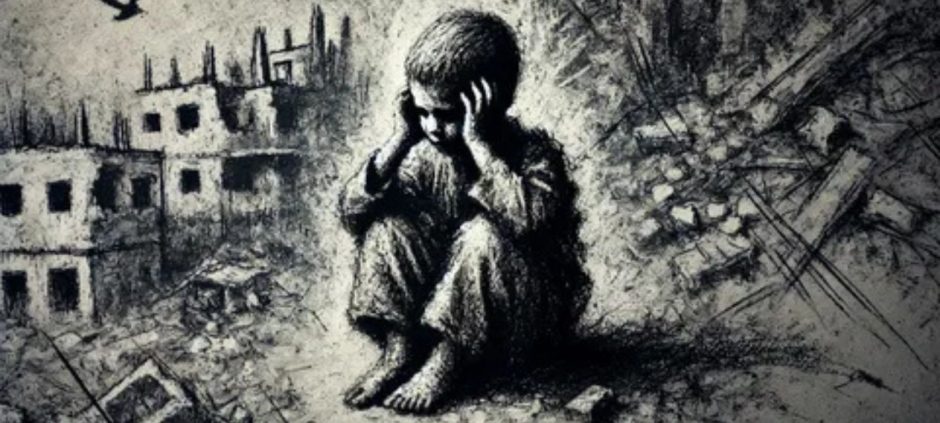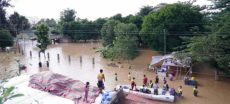Gaza’s psychological trauma is pushing thousands to seek mental health support as the region struggles with ongoing violence. Clinics and counseling centers report a sharp rise in patients, many of whom are dealing with severe anxiety, depression, and post-traumatic stress.
Experts say the mental health crisis is worsening due to repeated conflicts and instability. Children and adolescents are among the most affected, showing signs of panic attacks, insomnia, and fear. Adults, meanwhile, are struggling to cope with the daily stress of living in a conflict zone.
The recent escalation shattered hopes for peace when a ceasefire in Gaza was broken by Israeli forces, leaving communities in shock. Many families now find themselves trapped between fear and uncertainty, adding pressure on local mental health services. Psychologists are urging timely interventions to prevent long-term damage.
Residents are reportedly waiting for hours at clinics, highlighting the urgent need for more trained professionals and resources. The trauma is not just emotional; it is affecting social life, work productivity, and school attendance. Many seek therapy for the first time, prompted by constant exposure to violence and loss.
International organizations have emphasized the importance of mental health support in Gaza, providing funding and remote counseling programs. However, the demand continues to outpace available services, and local hospitals are struggling to manage the influx. Experts warn that without sufficient intervention, long-term consequences could affect an entire generation.
The psychological toll is becoming a defining challenge for the region. Authorities and aid groups stress that mental health must be treated as a priority alongside food, shelter, and medical care. Awareness campaigns and mobile clinics are being launched to reach those who cannot travel to city centers, but resources remain limited.
Gaza’s residents continue to face an uphill battle. Their trauma is shaping daily life, pushing many to seek help as they attempt to regain some stability amid conflict. Experts hope early interventions and support will help ease the growing psychological burden.











